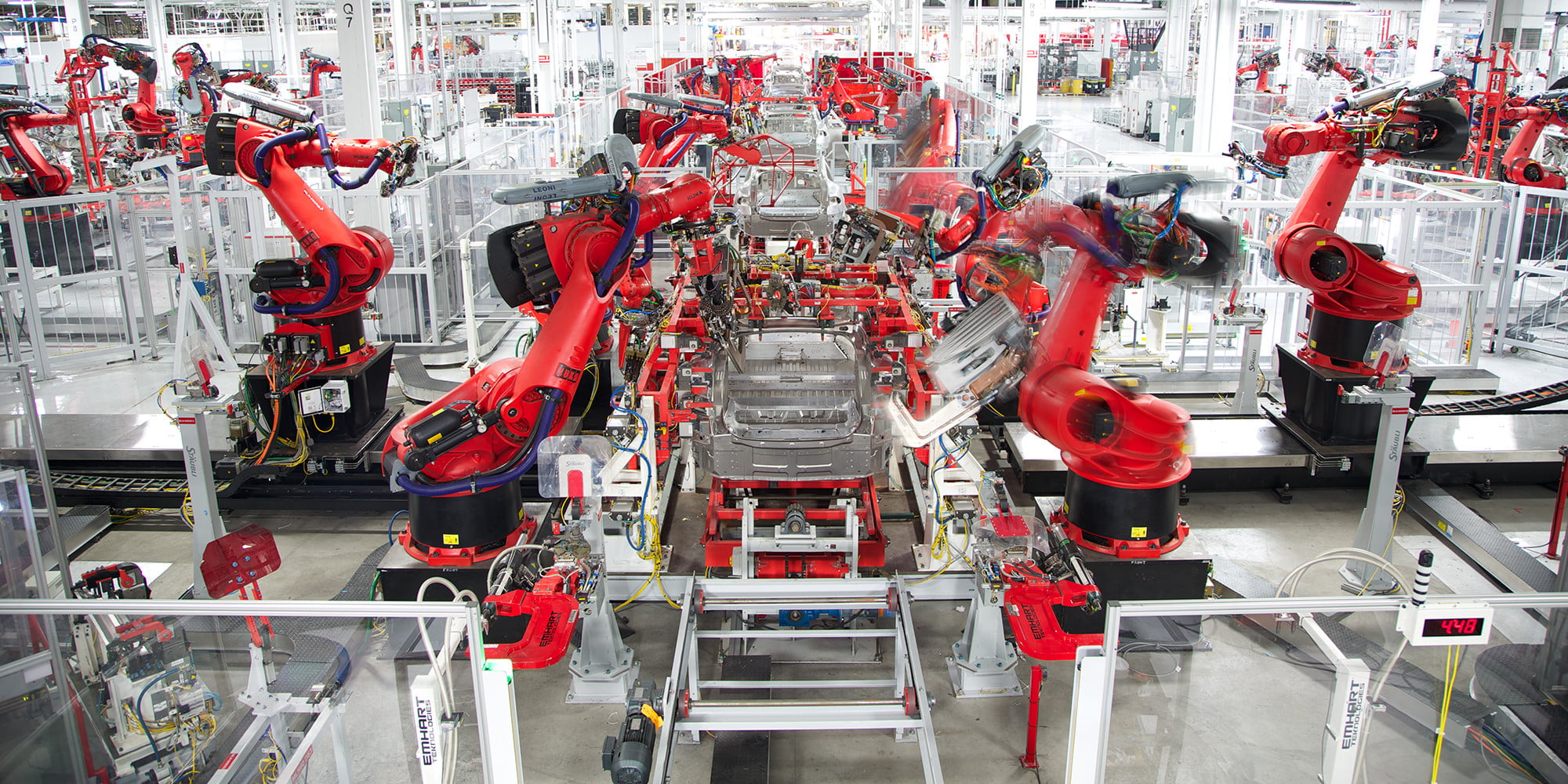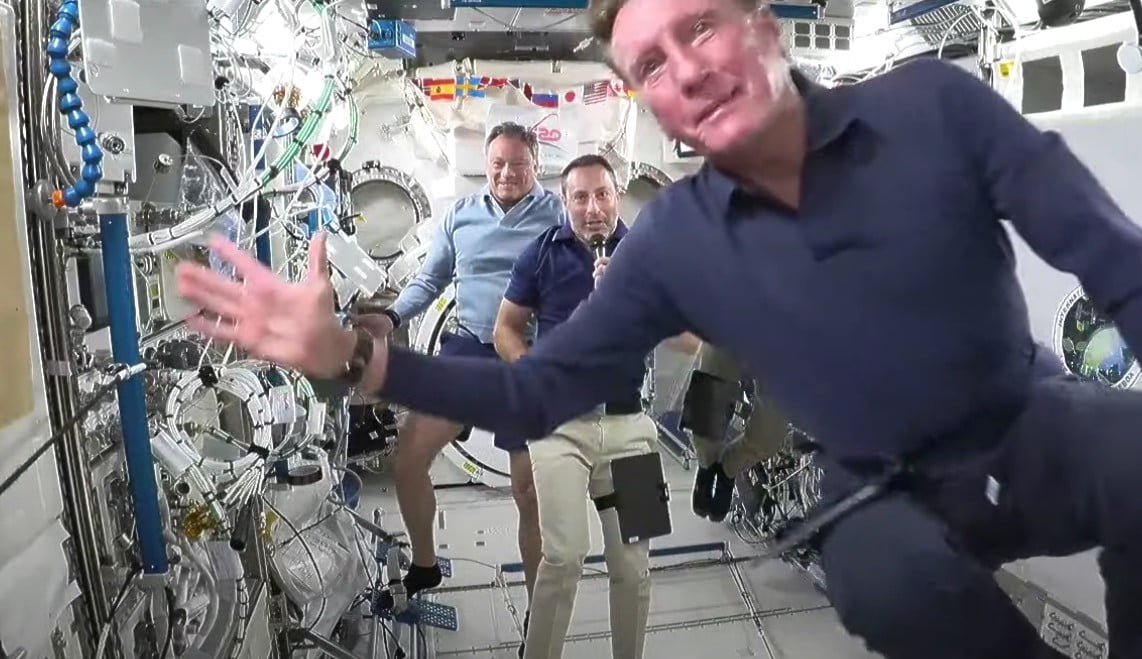Workers at Tesla’s Shanghai factory are sleeping inside the facility as the Chinese metropolis begins to ease strict lockdown measures geared toward curbing the spread of COVID-19, Bloomberg reported on Monday.
Keen to fire up the production line after a highly restrictive three-week lockdown, Tesla is reported to be deploying a “closed-loop system” designed to stop workers from mixing with other people, thereby protecting them from possible infection.
The closed-loop system, where workers live in a bubble to shield themselves from the outside world, has been encouraged by Shanghai officials to enable factories in the city to restart production following strict lockdown measures.
Workers at Tesla’s Shanghai plant, which produces Model 3 and Model Y vehicles, have each been given a sleeping bag and a mattress, according to details in a memo to workers that was seen by Bloomberg.
The report points out that as the plant lacks any proper sleeping facilities such as dormitory buildings, workers will have to sleep on the floor in a marked area. While catering facilities are already available to workers, others for showering and entertainment are being put in place.
The memo said that to return to Tesla’s Shanghai factory, workers must have already been double-vaccinated. After arriving at the site on specially organized shuttle buses, workers will receive daily COVID tests for the first three days, with regular temperature checks and frequent handwashing also part of the new routine.
Employees at the factory are being asked to work 12 hours a day for six consecutive days a week with one day off, while before the shutdown in March they were working for four consecutive days followed by two days off.
The unusual working conditions are set to last until May 1, though this could change based on the COVID-19 situation around that time.
Tesla’s Shanghai plant had been making just over 2,000 electric vehicles daily, with Bloomberg noting that the plant will need time to return to full capacity after such a lengthy stoppage.
Along with other Shanghai factories, Tesla was forced to close its facility for several weeks in early 2020 when the pandemic started to take hold.
Looking ahead, Tesla’s operations depend largely on the COVID infection numbers not only among its workforce, but also in the wider city, with the authorities and Chinese government apparently keen to stick to a strict zero-COVID policy.


